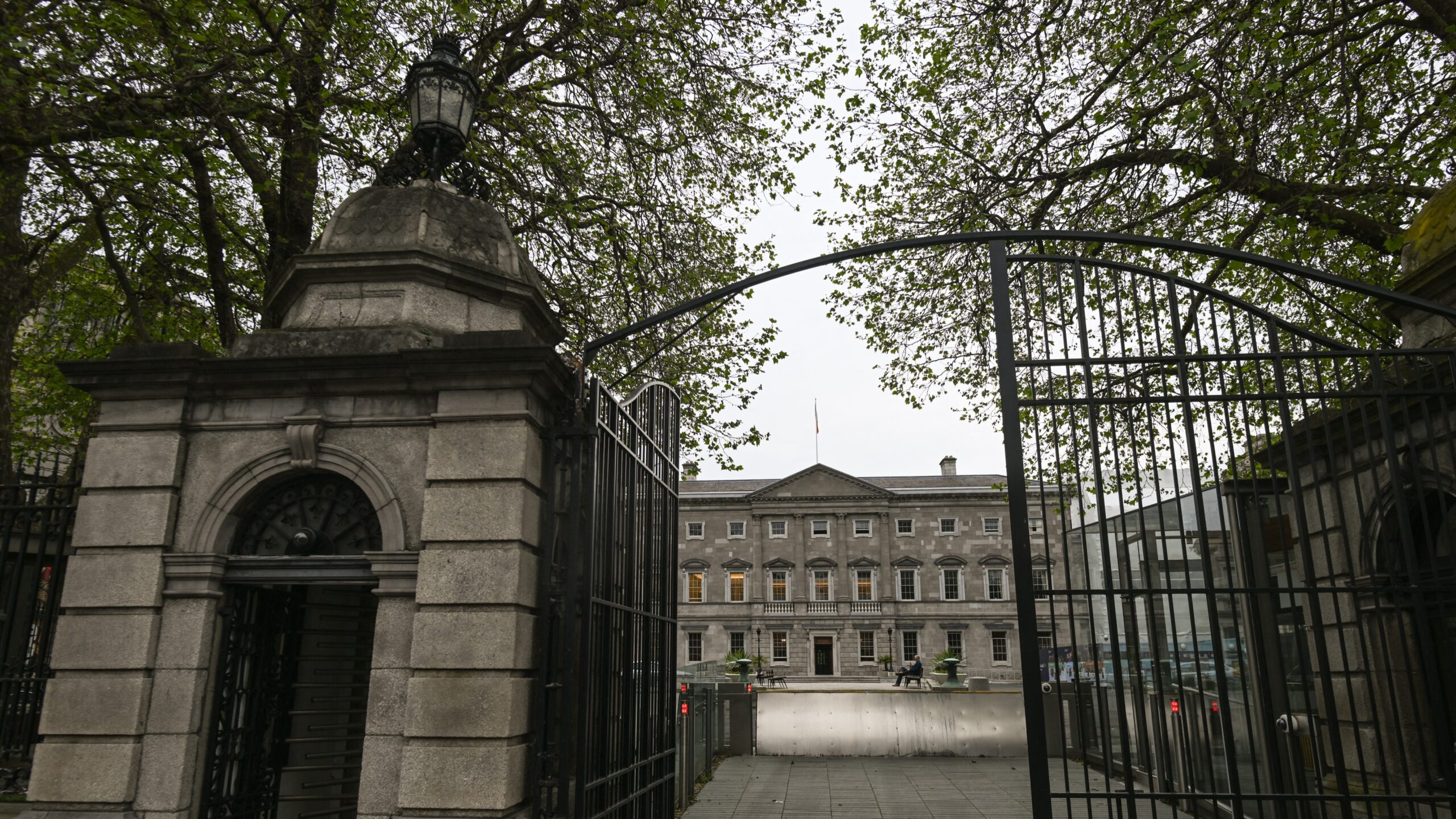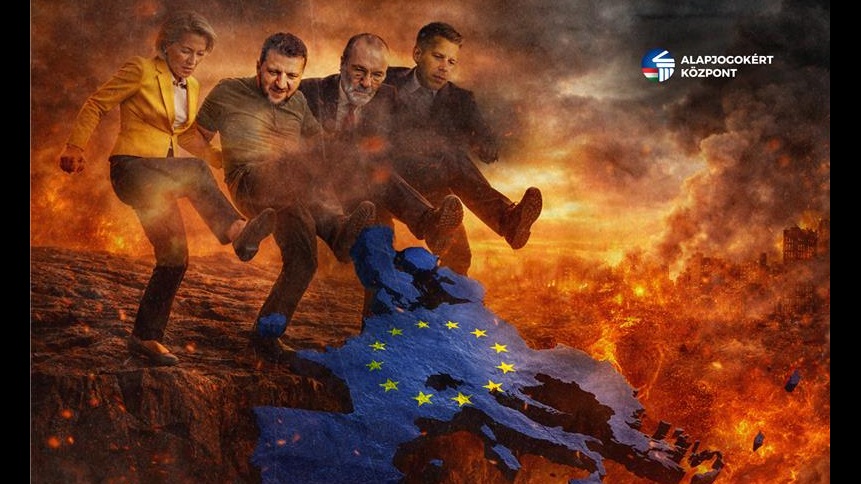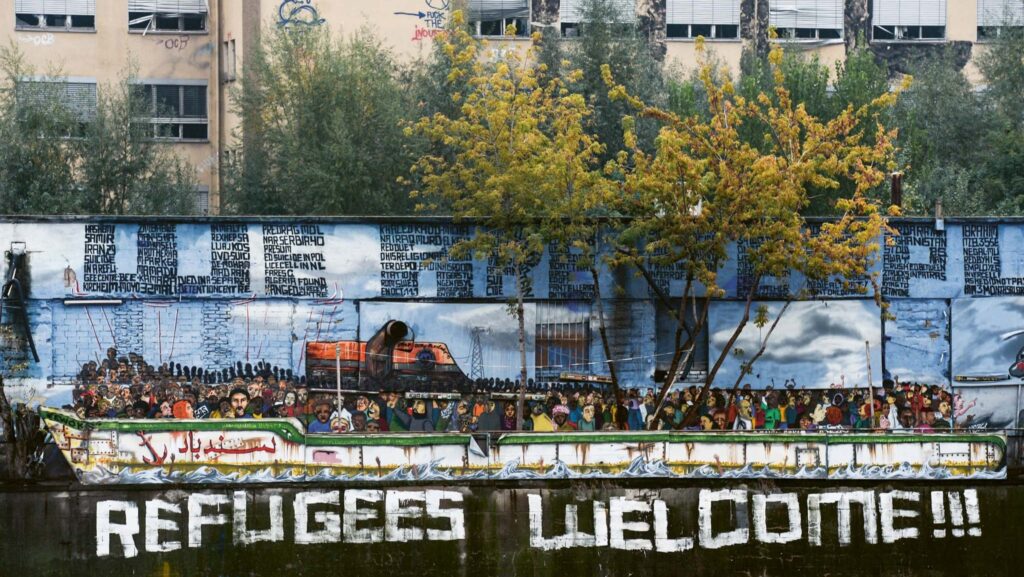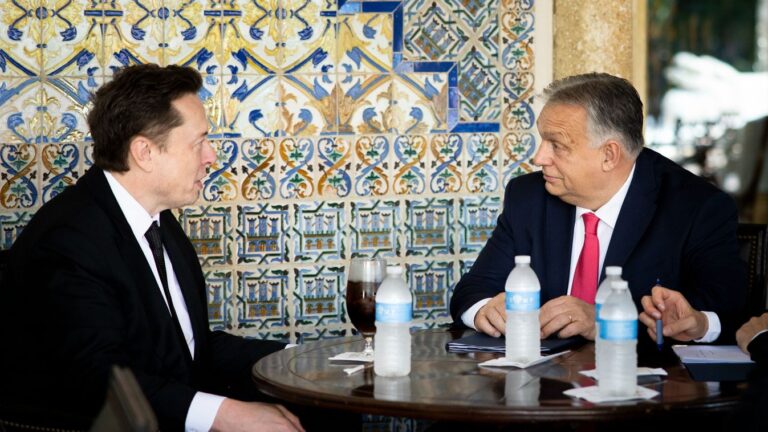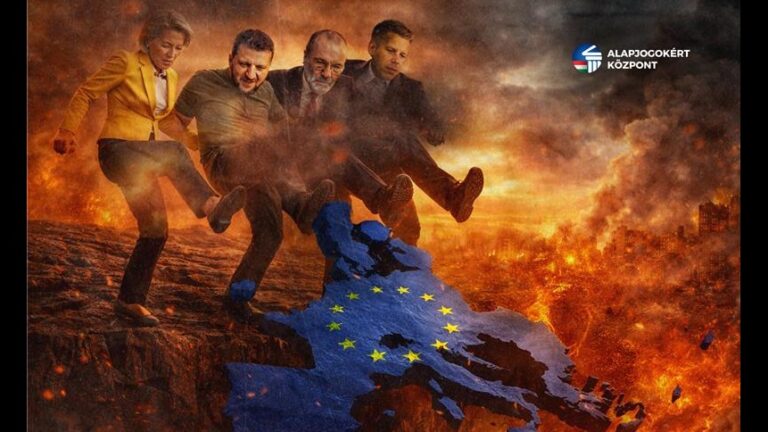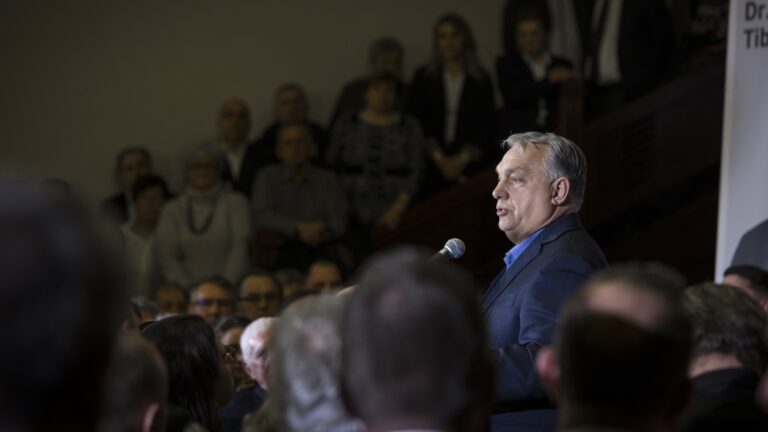‘Liberal-democracy can only exist,’ goes the expression, ‘when liberalism controls the democracy.’
A particularly egregious case occurred late last month in Ireland, which has embraced rabid adherence to liberal dogma. The Irish political establishment successfully excluded Maria Steen, a Catholic attorney and activist, from appearing on the ballot in this month’s presidential election. Candidates require 20 nominations from members of the Oireachtas, the country’s bicameral parliament, or four nominations from local councils (effectively a more difficult route). Steen managed to obtain just 18 parliamentary nominations, despite widespread national interest in her candidacy.
Now Irish voters will choose from candidates of the dominant Fianna Fáil and Fine Gael parties—rivals dating from the Irish Civil War that have transformed into largely indistinguishable liberal outfits—and an independent candidate representing a broad front of leftist parties. No candidate will represent right-of-centre views or policies consistent with Catholic social teaching.
Steen is polished, sharp, and comfortable in debate. She earned national attention last year as a grassroots figure in ‘No’ campaigns for government-sponsored amendments aiming to redefine ‘family’ and remove ‘motherhood’ from the constitution. Both referenda failed by wide margins, despite near-unanimous government, media, and NGO support. Steen, holding her infant child as she gave interviews to journalists, became a face of the unlikely effort.
‘Irish politicians and journalists asserted that Steen’s views on abortion and marriage should disqualify her from standing before the voters’
During Steen’s recent ballot-access campaign, Irish politicians and journalists asserted that Steen’s views on abortion and marriage should disqualify her from standing before the voters. ‘We want someone who can reach out to everybody, even those not in, let’s say, her agenda, or those she’s reached out to up to now in her life,’ said Independent Ireland party leader Michael Collins. After much wrangling, the nonaligned party committed its four TDs (parliamentarians) to Steen’s nomination effort. For liberal and leftist figures—a vast majority of the Irish political landscape—the idea was a nonstarter.
‘The hypocrisy is the point,’ notes Gript editor-in-chief John McGuirk, relating the sentiments of a friend. ‘The Irish liberal is not, as I deluded myself for years into believing, simply unaware of his own hypocrisy. No: He exults in it. It is a demonstration of power.’
Across Europe, establishment forces increasingly block ballot access to maintain liberalism’s tight grip. In Romania, Călin Georgescu’s first-round presidential election victory was nullified over spurious claims last year, and he was subsequently arrested. In France, Marine Le Pen was banned from running for office after selective enforcement of campaign-finance statutes. In the Netherlands, Geert Wilders was blocked from the premiership after his party won parliamentary elections. In Slovakia, British election-interference efforts on behalf of left-liberal parties garnered European apathy. In Germany, Alternative for Germany appears closer to being banned than gaining power.
Of course, no country features pure political meritocracy, as money and political influence are non-negotiable elements of a successful candidacy. The United States, which is generally more permissive of outsiders in its political sphere, has witnessed the rise of Vivek Ramaswamy, Marianne Williamson, and Andrew Yang, to name a few recent examples. None had a realistic chance to become President of the United States, but all have influenced debate along the margins. Earlier in his political career, Donald Trump sought office outside the two-party system and famously learned the limitations of that route. In the United Kingdom, Nigel Farage had to execute his transformational Brexit vision from beyond the halls of power.
What we are witnessing in Europe, though, is not a simple case of money and access, but the death throes of a malignant liberal order. It reserves for itself terms like ‘centre’ and ‘moderate’, though its worldview is radical. It purports to offer freedom but delivers servitude. It claims progress but uproots families, communities, and cultures. And it parasitizes the concept of ‘democracy’, which will always be more popular and positive-coded than ‘liberalism’.
‘It claims progress but uproots families, communities, and cultures’
‘Although many hoped otherwise, we do not seem to be returning to a world in which the center left and the center right compete over tax rates or budgets,’ wrote liberal luminary Anne Applebaum earlier this year. Tellingly, in her 2020 book Twilight of Democracy, she lists politicians like Slovakia’s former leftist President Zuzana Čaputová as ‘harbingers of something else, something better, something that we can’t yet imagine.’ Čaputová’s positions on tax and budget policy are irrelevant, for the two share the more important commitment to liberal hegemony. Applebaum, notably, spends much of the book asserting that she didn’t leave the Right, but the Right left her. To her milieu, ‘Right’ and ‘Left’ are flavours of tax policy. Average citizens aren’t supposed to have a choice on the important issues.
For now, Irish citizens join their European peers in having little choice on the most important issues. ‘Know hope,’ concludes McGuirk in a letter to readers this week. Surely hindsight will confirm we are experiencing the twilight of liberalism.
Related articles:

